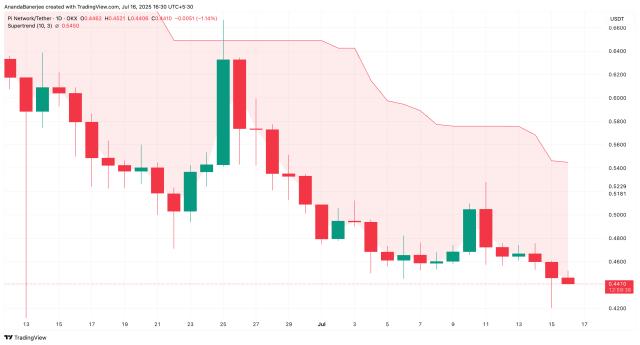Affected by the weak US dollar, Asian currencies are collectively appreciating and triggering central bank intervention. The USD/TWD exchange rate dropped from above 32 last Friday to a low of 30.77, and although the central bank raised it to 31.064 in the late trading session, it broke through the 30 mark at the opening today. The New Taiwan dollar has appreciated by over 3% for two consecutive days.
Table of Contents
ToggleAsian Currencies Surge, Hong Kong Authorities Intervene
According to Bloomberg, the Hong Kong Monetary Authority sold a record amount of Hong Kong dollars (HKD) on Friday to prevent its appreciation and maintain the US dollar peg exchange rate system that has been in place for 42 years. The offshore RMB exchange rate rose to its highest level since November. The New Taiwan dollar (TWD) also surged for two consecutive days and broke through the 30 mark this morning.
These fluctuations indicate that as the changing tariff policies of US President Trump intensify concerns about a US economic recession, the outflow of global reserve currencies could trigger a chain reaction in financial markets. Last week, speculative traders' bearish sentiment on the US dollar was stronger than at any time since last September, suggesting that investors are increasingly reluctant to hold US assets.
In the wave of "selling US assets", Asian currencies, including the Japanese yen and RMB, are benefiting from return purchases and alternative investments. Although Beijing and Washington seem to be softening their stance on the trade war, this strategy appears to remain unchanged, with Beijing saying it is assessing the possibility of negotiations with the US.
The strengthening of emerging market currencies helps attract foreign capital inflows and reduce import prices, but it may also weaken their products' global competitiveness, thereby harming exporters' interests.
USD/TWD Breaks Through 30 Mark
The USD/TWD exchange rate dropped from above 32 last Friday to a low of 30.77, and although the central bank raised it to 31.064 in the late trading session, it broke through the 30 mark at the opening today. The New Taiwan dollar has appreciated by over 3% for two consecutive days.
(Taiwan Dollar Surges Seven Corners, Taiwan Central Bank Clarifies: Not Driven by US Pressure)
Premier Chao Jung-tai emphasized during a legislative inquiry that the New Taiwan dollar is not under any appreciation pressure. This trend reflects various countries' adjustments to tariff trade policies. The government has also proposed industrial support plans, hoping to help industries overcome the impact from various aspects. The current situation has not yet reached an "uncontrollable" state and will continue to observe subsequent developments.
The central bank again issued a press release stating that last Friday's New Taiwan dollar exchange rate was influenced by expected psychology. The Taipei stock market, led by TSMC's 4.63% increase, saw electronics and financial stocks rise, with foreign investors buying a net 42.924 billion, injecting funds and causing the New Taiwan dollar to appreciate. The central bank has appropriately intervened based on its responsibilities.
However, according to foreign exchange traders, recent investor selling of US dollars has triggered a multi-kill trend. The Taiwan central bank, which traditionally does not prevent appreciation, did not intervene during the trading session and only made a symbolic intervention at noon and before closing, seemingly welcoming this wave of New Taiwan dollar appreciation. With no US dollar buying pressure below, this New Taiwan dollar appreciation may have no immediate limit.

Risk Warning
Cryptocurrency investments carry high risks, and prices may fluctuate dramatically. You may lose all your principal. Please carefully assess the risks.






